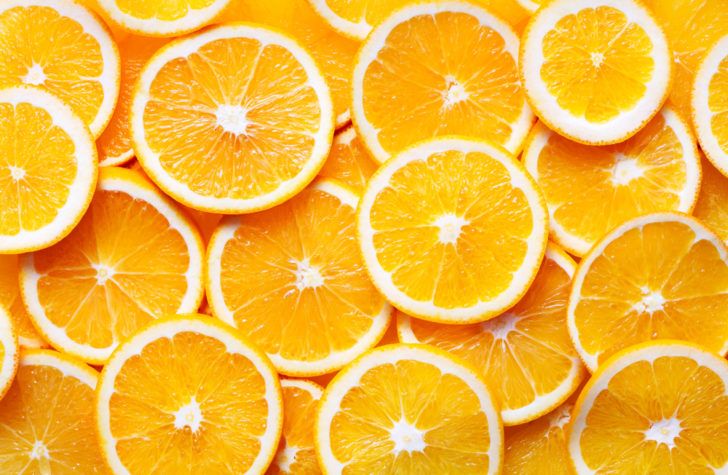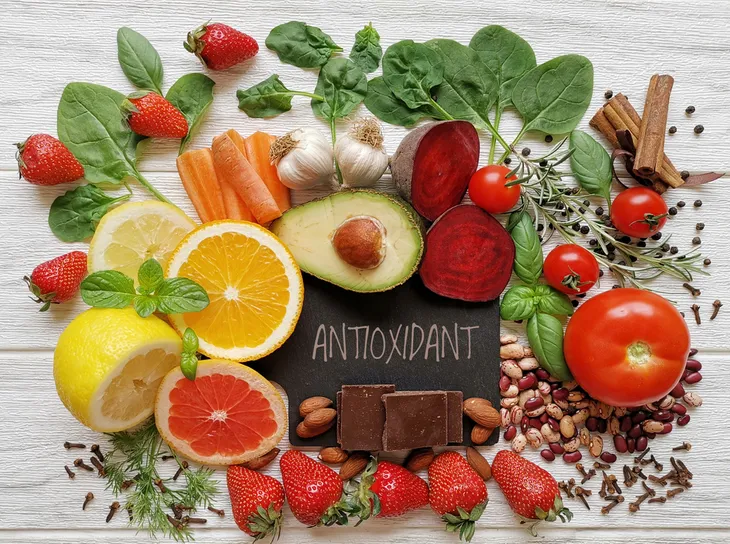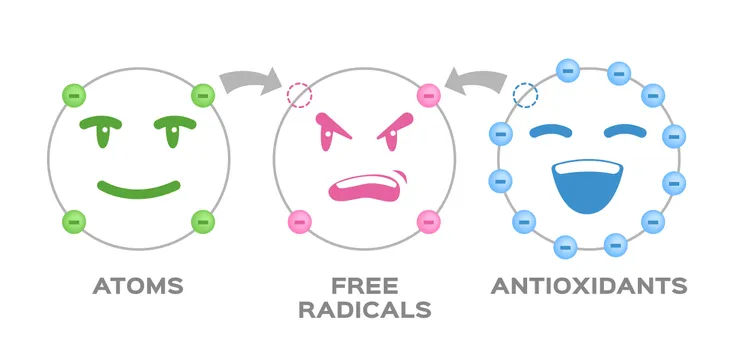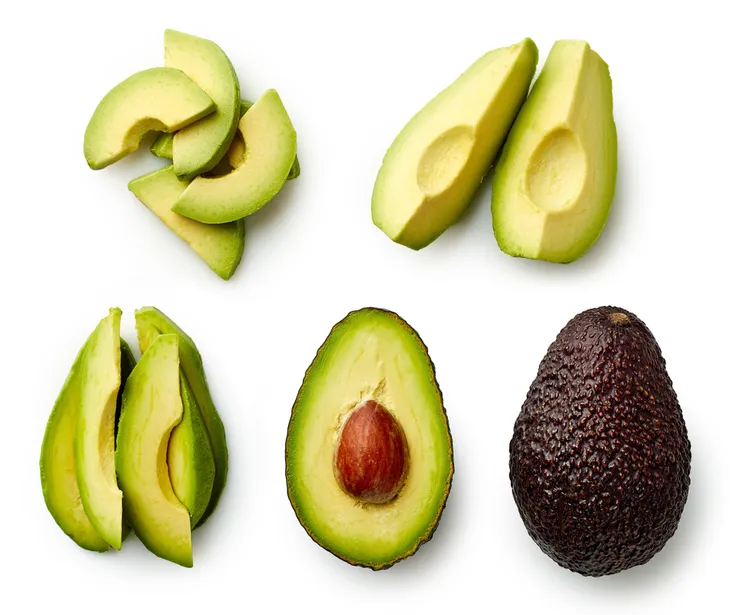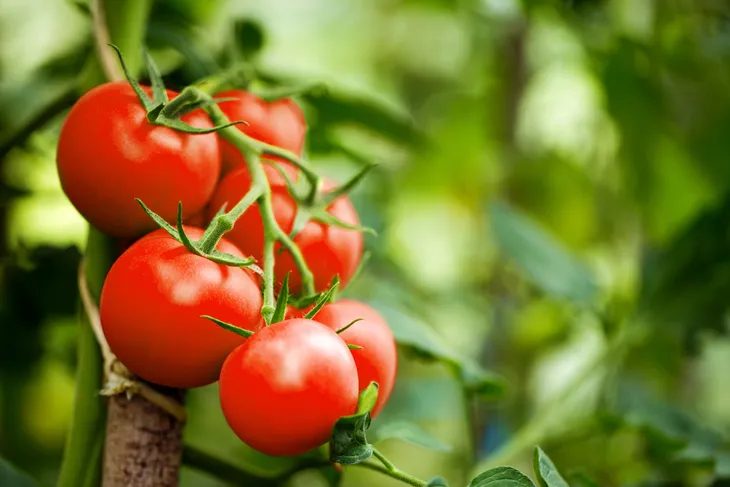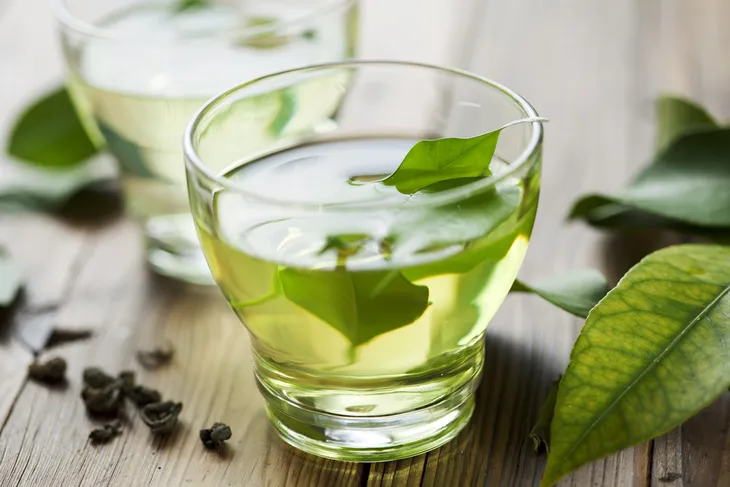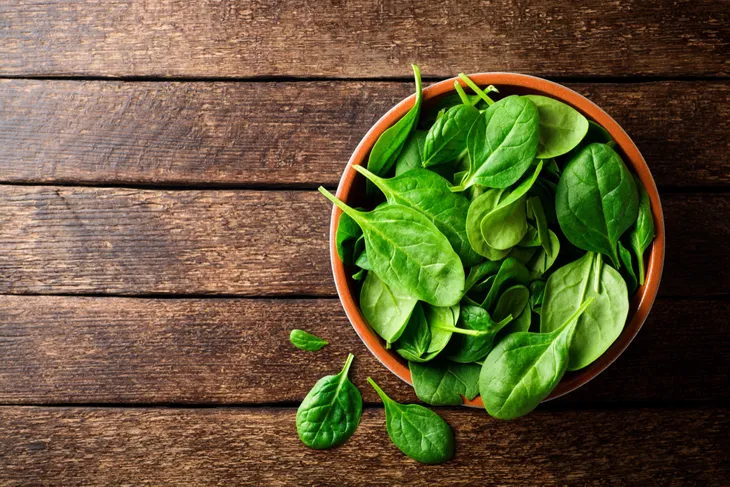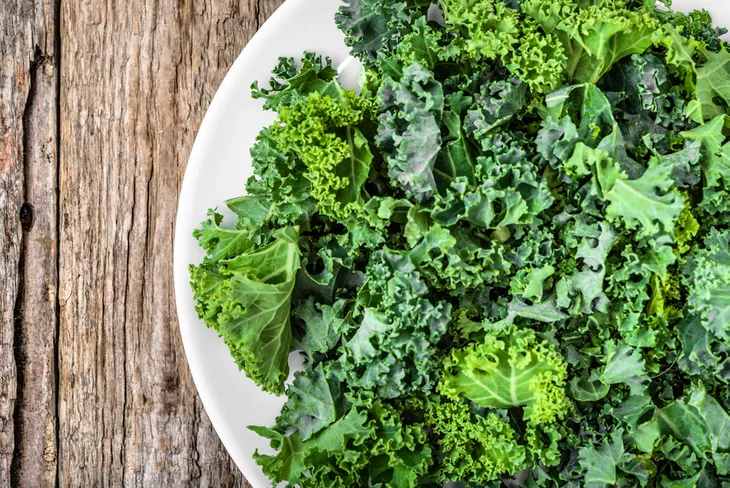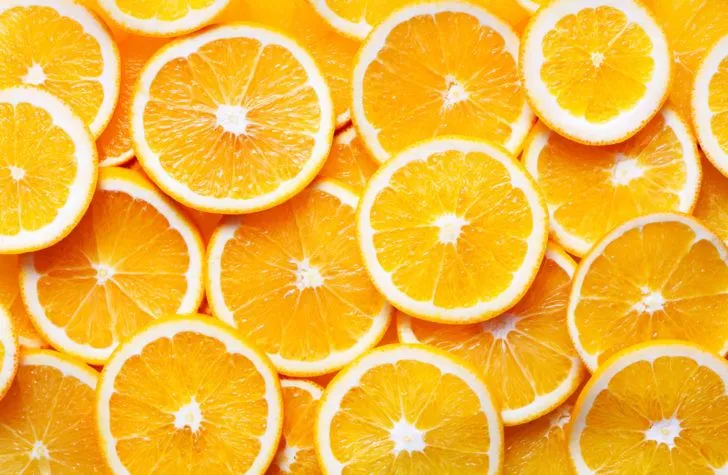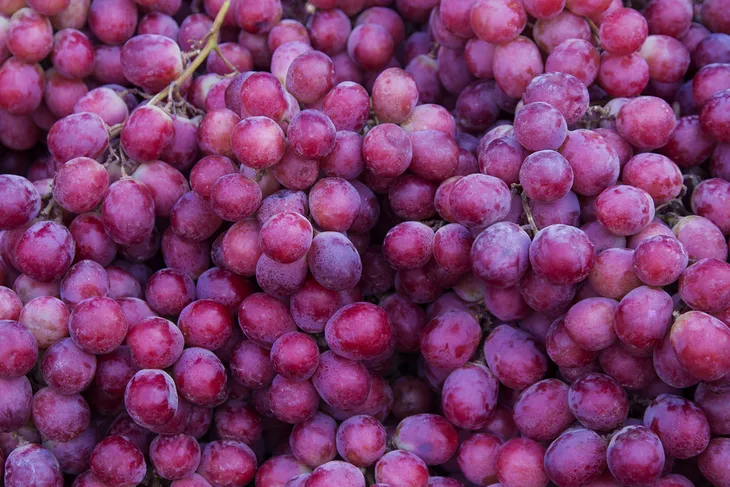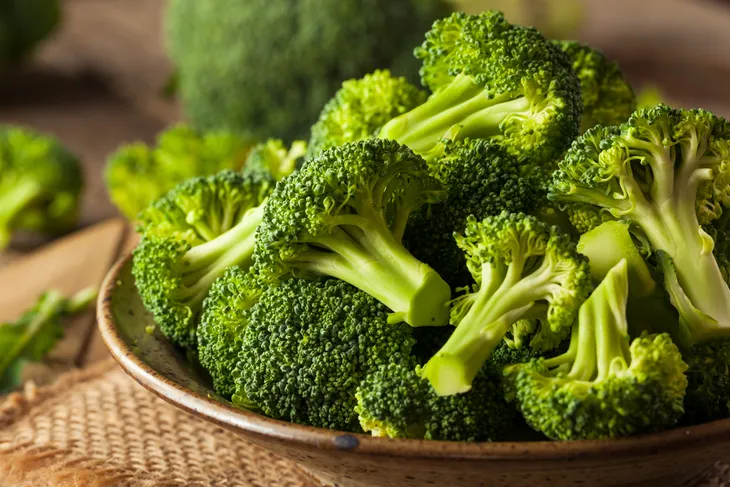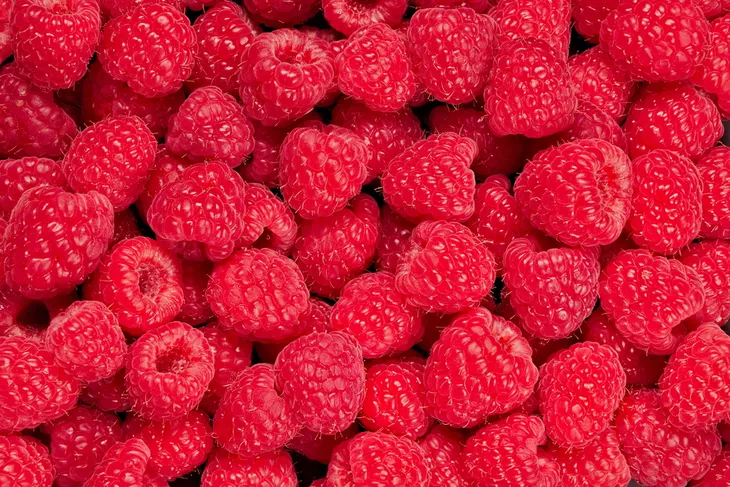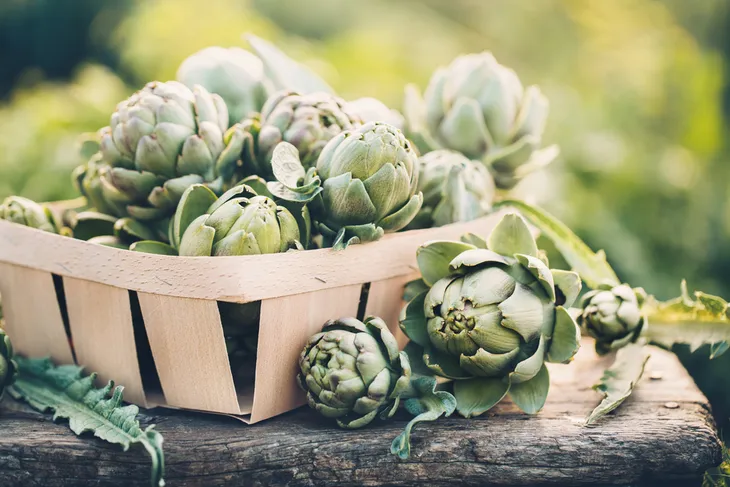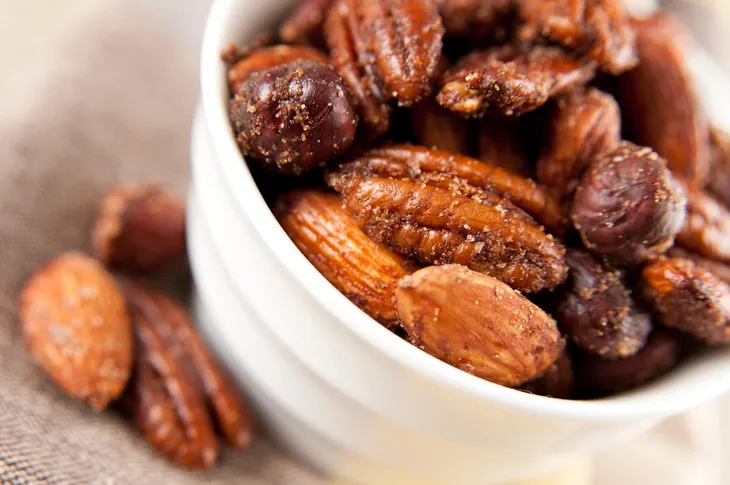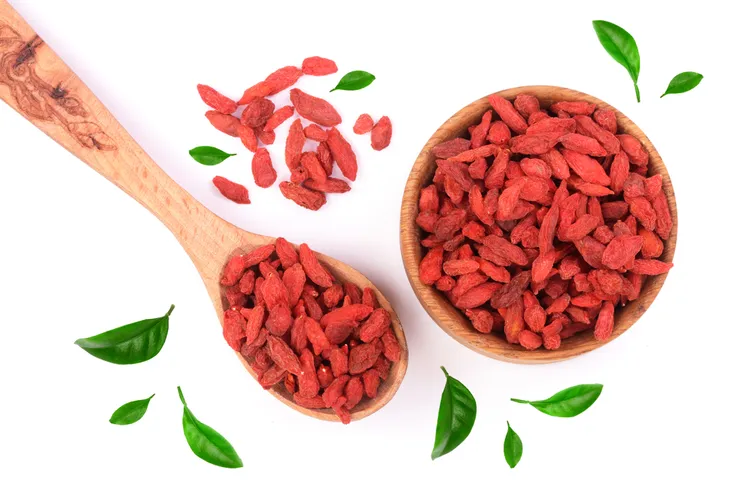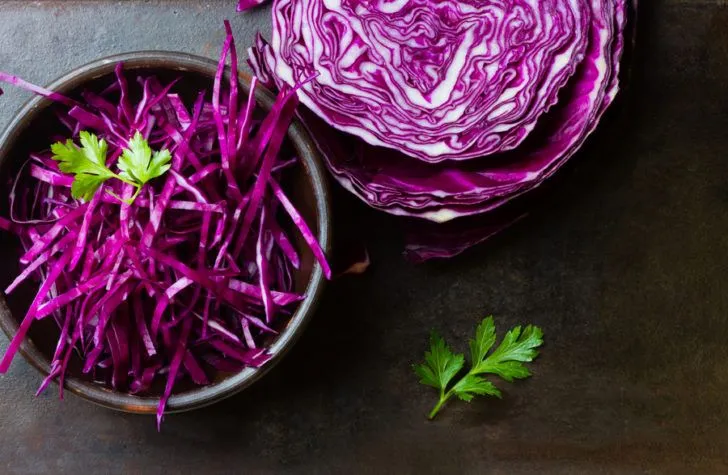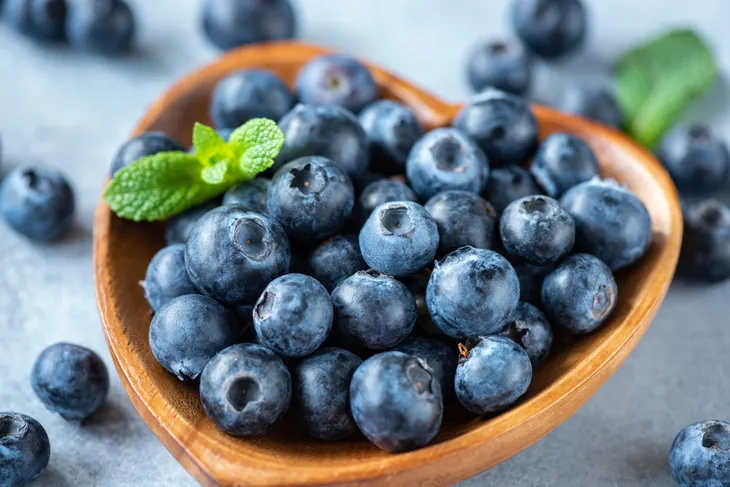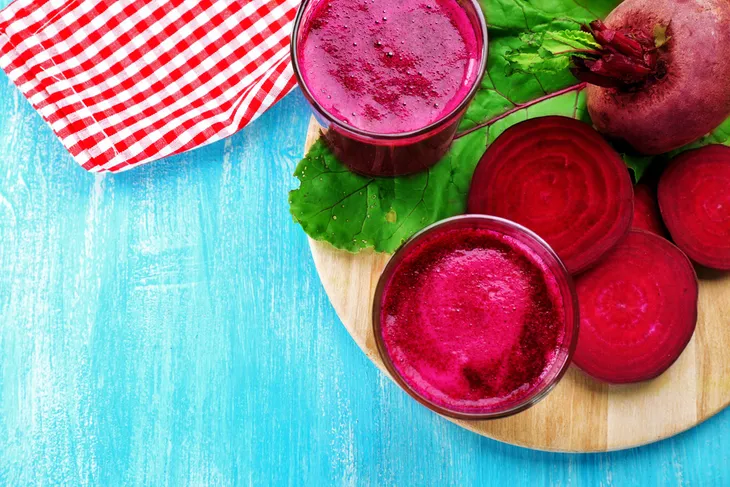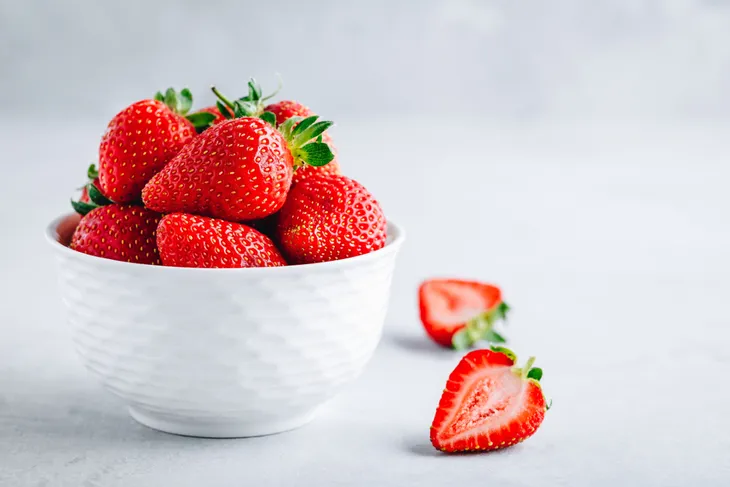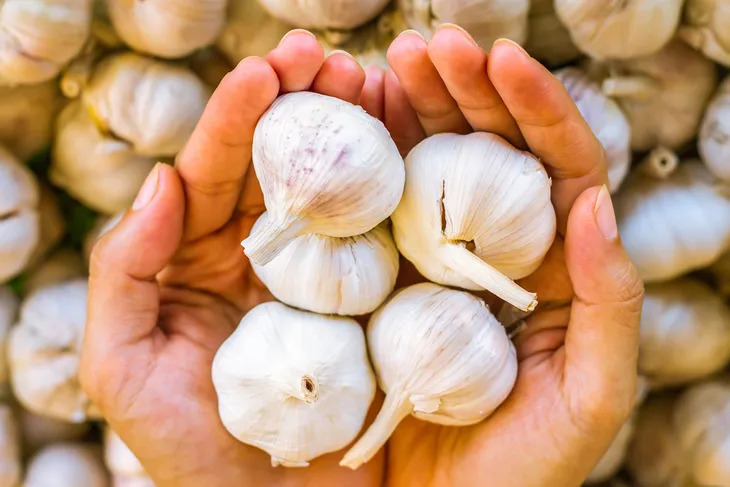Surely you’ve heard the word antioxidant thrown around time and time again. But have you ever wondered, what does it actually mean?
Today we’re sharing exactly what antioxidants are, why you need them, as well as the foods that are rich in antioxidants. Enjoying a healthy diet is a lot easier when you know why you’re putting certain foods in your body! Let’s all reap the benefits of these 20 foods.
20. What Are Antioxidants
First and foremost, it’s important to have an understanding of what antioxidants are. To explain it simply, they’re molecules that fight free radicals in the body. Which leads us to, what exactly are free radicals?
Free radicals can be harmless unless their levels become too high in the body. Too many free radicals can lead to damage to the cells as well as inflammation in the body and this is known as oxidative stress.
19. Why We Need Antioxidants
Now that we have a basic understanding of how free radicals affect the body, we’re going to dive into exactly why we need antioxidants. We need them because they help to either stop or limit the damage that can be caused by free radicals. This may also help to prevent a variety of chronic diseases such as autoimmune disease, cardiovascular disease, and type 2 diabetes.
While the body produces its own natural antioxidant defense against free radicals many foods are high in antioxidants too. Next, let’s explore some of the best foods that are high in antioxidants.
18. Avocados
Avocados contain both beta-carotene and lycopene. These are essential carotenoid antioxidants that are most heavily concentrated in the dark green flesh which is often found close to the peel.
Avocados can be mashed into guacamole, chopped into salads, and can even be enjoyed on toast. There are so many great ways to add them to your diet.
17. Tomatoes
Tomatoes are rich in an antioxidant called lycopene. Lycopene has been associated with several health benefits such as may reduce the risk of cancer and heart disease.
Further tomatoes are also rich in vitamin C which helps your body absorb iron and they are also rich in vitamin K which helps regulate blood cells, blood clotting, and bone metabolism. As you can see tomatoes are chock full of nutrients and would be an excellent fruit to add to your daily diet.
16. Green Tea
Studies show that green tea contains the highest amount of antioxidants in comparison to other teas. Green tea contains both polyphenols and catechins which are both antioxidants that help prevent cell damage in the body.
To explain further, polyphenols are known to help reduce inflammation in the body and some studies show that they may even help to fight cancer too. Catechins not only protect the cells in your body but some studies show that they can also help to kill off bacteria and discourage viruses such as the flu.
15. Spinach
Spinach is a powerhouse when it comes to nutrients. Firstly, it’s very low in calories but very high in essential vitamins and minerals. For example, spinach is rich in vitamin C, vitamin K, iron, calcium and so much more.
Spinach is also rich in antioxidants such as zeaxanthin and lutein. Both of these antioxidants can help protect the eyes from harmful light such as UV light.
14. Kale
Kale is a part of the cabbage family and much like spinach, kale is also rich in antioxidants. It is also rich in many other nutrients too which is why it is a true powerhouse vegetable. By consuming just one cup of kale, you will absorb Vitamin A, K, C, B6, as well as several minerals such as manganese, calcium, potassium, and a few others.
More specifically, kale is rich in several antioxidants such as vitamin C, beta-carotene, flavonoids, and polyphenols. These antioxidants may help to protect your heart, lower your blood pressure, as well as helps to prevent inflammation and viruses in the body.
13. Oranges
Some would consider that oranges are nature’s candy. After all, they’re naturally sweet and unlike real candy are incredibly nutritious. Along with antioxidants, oranges are also chock full of vitamin C, potassium, folate, and thiamine.
Oranges are also a good source of citric acid which may help to prevent kidney stone formation. Further, the antioxidant properties found in oranges may help to lower the risk of heart disease.
12. Grapes
Grapes are available in several colors, green, red, and purple. Grapes contain polyphenols, a powerful antioxidant. It is also believed that polyphenols have anti-inflammatory properties too. Some studies believe that the antioxidant properties found in grapes may help to prevent cancer, help reduce the risk of cardiovascular disease, and may help alleviate allergy symptoms.
While grapes are certainly healthful food, there is something to be said about wine. Some studies show that red wine may have heart-healthy benefits. This is due to resveratrol, which is part of polyphenol compounds. Resveratrol is found in the skin of grapes and because wine is fermented with grape skin it is believed that red wine contains more resveratrol in comparison to white wine.
11. Broccoli
There is a reason why we were encouraged to eat more broccoli as kids, it’s a nutrient-rich food! Its nutritional profile is quite impressive as it is rich in fiber, vitamin C, potassium, B6, and vitamin A.
Broccoli is also rich in antioxidants as it is a great source of sulforaphane, a potent antioxidant as well as, an excellent source of lutein, a compound antioxidant. Both of these antioxidants are believed to neutralize free radicals in the body and in turn, help to prevent cell damage.
10. Raspberries
Raspberries are naturally sweet and are bold in color. They’re also laden with amazing nutrients making them one of the most popular berries of all. Raspberries are available in several colors, there are yellow varieties, black varieties, and the most common, red.
Raspberries are rich in flavonoids, which are powerful antioxidants. This antioxidant has anti-inflammatory properties, may improve memory, may decrease your chance of cardiovascular disease, and may prevent cancer. They’re so sweet and can be enjoyed by the handful which makes them easy healthful food you can add to your daily diet.
9. Artichokes
Artichokes may not be the most popular food but they are certainly healthy for you! They’re low in fat and rich in vitamins, minerals, fiber, and of course, antioxidants. In fact, some studies show that artichokes are one of the most antioxidant-rich vegetables as they contain polyphenols, flavonoids, anthocyanins, and several others.
There are many ways you can start adding more artichokes into your diet. You can cook them on the grill or bake them in the oven. They would make a great addition to a salad, pasta dish and can even be added into a delicious artichoke and spinach dip!
8. Pecans
Nuts are a wonderful snack as they’re loaded with nutrients, and they taste delicious too. However, there is one particular nut that stands out from the rest, pecans! Pecans are not only rich in antioxidants but they’re a healthy unsaturated fat too.
The antioxidants found in pecans may help to promote heart health as well as disease prevention. Further, the antioxidants may also help to reduce bad cholesterol.
7. Goji Berries
Goji berries are native to Asia and have been used as a food supplement and a medicinal herb for thousands of years. They can be easily added to smoothies, yogurt, salads, baked goods and so much more.
To begin, goji berries are rich in zeaxanthin, an antioxidant that may help to protect the eyes as well as help to prevent damage from UV light and oxidative stress. Further, the antioxidants found in goji berries may also boost your immune system as they can fight destructive free radicals.
6. Red Cabbage
Red cabbage is often forgotten about but it shouldn’t be. It has an impressive nutritional profile and would be another excellent veggie to add to your daily diet. Toss it into a salad or cook it into a stir fry, your choice!
Red cabbage is rich in polyphenols, and sulfur compounds, 2 powerful antioxidants. Further, red cabbage is also rich in Vitamin C which is an impressive antioxidant that may help to protect against vision loss, heart disease as well as some types of cancers.
5. Blueberries
Blueberries are extremely rich in antioxidants, and if they’re not already a part of your daily diet, you may want to add them. Fiber, Vitamin C, Vitamin K, manganese are a few of the highlighted nutrients found in blueberries. They’re also an excellent low-calorie snack.
Further, blueberries have a high antioxidant profile. They’re especially high in flavonoids which are believed to help improve brain function, and may also help to prevent heart disease. Enjoy them by the handful, toss them into a salad or a smoothie or bake them into a delicious treat. The options are endless!
4. Beets
Beets are another overlooked vegetable. They’re a powerhouse when it comes to nutrients and that is why you should be eating beets. However, some avoid eating beets because they do have a strong flavor while others avoid them because they’re too difficult (and messy) to cook. Although, cooking perfect beets with less mess can be easy!
Another great reason to enjoy beets is that they’re high in antioxidants. Specifically, they’re high in betalains which help the body to reduce oxidative stress as well as show anti-inflammatory capabilities that may help arthritis, prevent cancer and liver disease.
3. Strawberries
Much like raspberries and blueberries, strawberries are also an antioxidant rich-food. Not only that, but they’re also rich in other essential nutrients and are low in calories too.
Strawberries are rich in vitamin C, a potent water-soluble antioxidant. This powerful antioxidant may promote heart health as well as may help to manage blood sugar control.
2. Dark Chocolate
You may be surprised to see dark chocolate on the list of foods high in antioxidants, but it’s true. As long as you’re consuming high-quality dark chocolate that has a high cocoa percentage, then it is a great snack to enjoy.
Dark chocolate is rich in several antioxidant compounds such as polyphenols, catechins, and flavanols. These antioxidants may help to improve blood flow, reduce your risk of heart disease, may protect you from sun damage, and more.
1. Garlic
Garlic is used in so many dishes as it provides excellent depth of flavor, however, garlic also has strong medicinal properties too. Garlic may help to improve bone health, may help to reduce blood pressure, may combat sickness as well as many other benefits.
While the antioxidant properties found in garlic will help the body from oxidative stress, some studies believe it may also help prevent Alzheimer’s Disease. All in all, it’s a versatile food that can be added to many different dishes.
